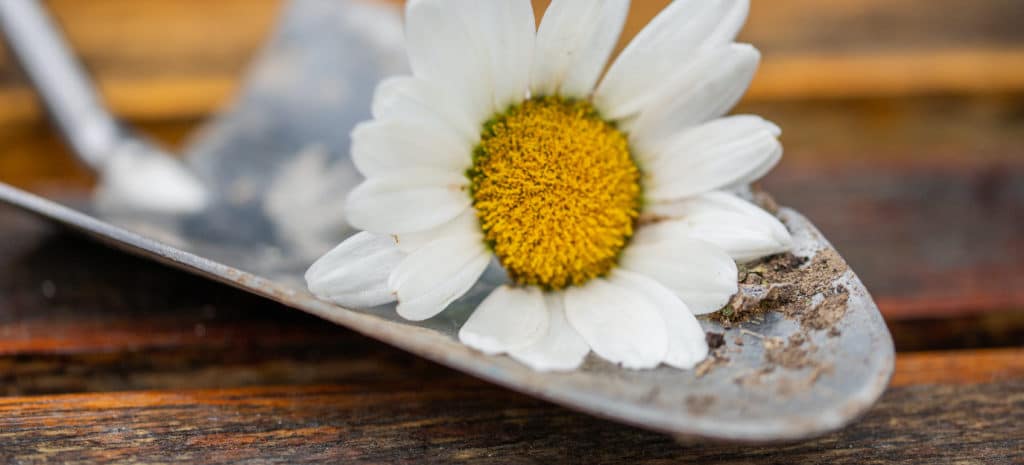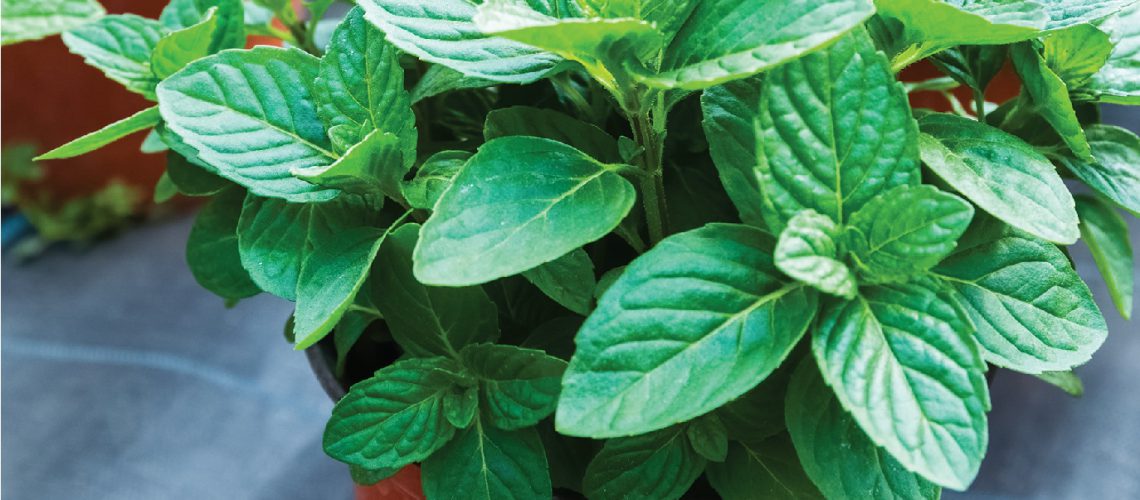Gardening is a wonderful hobby. It provides you with the opportunity to grow the produce you love and gives you control over what pesticides find their way onto your food. Pesticides do have an important role to play in protecting your garden from pests, but if chemical products have you concerned, essential oils may be just the tool you need.
Pesky Pests
One of the tricky parts about gardening is that it isn’t just a food source for you. It also provides a variety of other critters with a potential food source. Rodents, such as mice or squirrels, can help themselves to your harvest before you even get a chance to get any yourself. Bugs like aphids, ants, beetles, and caterpillars may eat away at the leaves, stems, and produce.
Helpful Oils
Before you reach for a bottle of chemical pesticide, give essential oils a try. While the scents of various oils can be very pleasant for humans and boast uplifting and beneficial effects, some of them are much less pleasant to garden pests. Ants, aphids, beetles, spiders, and moths are repelled by the smell of peppermint oil. If slugs, snails, and roaches are giving you grief, cedarwood oil may be helpful. Flies don’t seem to like basil much, but some bugs love other smells. Lavender attracts helpful pollinators and helichrysum oil commonly brings bees and butterflies.

Application Methods
Once you know what oils to use to address the challenges you have with your garden, the next step is to figure out how to apply them. There are a few different options you can choose from.
Spray – Make a spray by combining one gallon of water, ten drops of an essential oil, and a couple drops of castile soap. Spray this on your plants and soil. The soap will help the oil stick to the bugs you don’t want on your plants and in your garden.
Salt – Give your plants a magnesium boost by mixing essential oils with Epsom salts and spreading it in a layer around your garden.
Soak – Make little cups for cotton balls soaked with essential oils by cutting out the individual cups of a cardboard egg carton and inserting them into the ground by your plants so the opening is level with the ground. Place the cotton ball in the cup to attract pollinators or at the opening of rodent burrows to deter them from your garden.
String – Soak cotton strings in oils and hang them over and around your garden. This targets the sense of smell in pests and discourage them from being in or around your garden.
Squeeze – For potted plants, try adding drops of oils on the edge of the pot to discourages pests from entering.
Application Tips
When it comes to successfully using essential oils to protect your garden, there’s a certain amount of trial and error involved. Research can help you figure out what oils are likely to work best for your garden and the specific plants you have. Regular application will be important. If you’re using a spray, spraying every 1-2 weeks can help with pest prevention. If you have a more specific problem you’re trying to beat, spraying every three days for a couple of weeks should help. When you spray will also matter. Avoid spraying your plants when it’s hot out. Opt for early in the morning or when the sun is setting instead. Make sure your plants don’t react negatively to your spray by spot testing it on a leaf or two and observing it before spraying your whole garden.
Essential oils can be a great tool to have in your arsenal to protect your garden from pests. They give you a natural alternative to the chemical-laden pesticides that might give you reason to pause before taking a bite out of the fruits of your labors. Monitor your garden so you know what oils might work best to protect your garden.
Protect your garden from pests the natural way with our Pure Essential Oils so you don’t have to worry about toxins getting into your soil or your food.
*Many essential oils are listed on the EPA “Active Ingredients Eligible for Minimum Risk Pesticide Products.” However, in order for products that contain those ingredients to make pesticide or insect repellant claims, the products must be labeled as pesticides, including all the government-required verbiage and warnings. In addition, the products cannot contain any ingredients that aren’t on either the Active Ingredient list or the Inert Ingredient list for minimum risk pesticides. For these reasons, all Nature’s Fusions essential oil products are labeled as cosmetics or dietary supplements, instead of pesticides.

